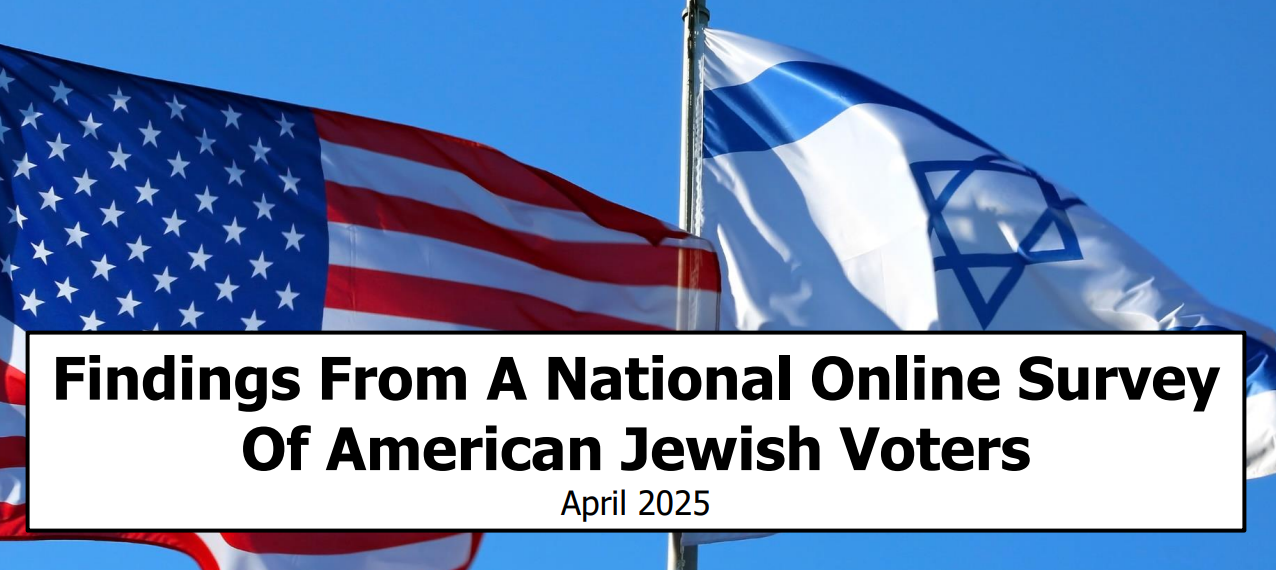JTA: Legacy institutions don’t get to dictate how Jews use the lessons of the Holocaust
By Elad Nehorai
At the annual Christians United for Israel conference, Vice President Mike Pence lambasted Rep. Alexandria Ocasio-Cortez for comparing U.S. migrant detention centers to concentration camps.
“This slander was an insult to the 6 million killed in the Holocaust, and it should be condemned by every American in every political party,” Pence told the crowd.
Many American Jewish institutions strongly condemned Ocasio-Cortez’s use of Holocaust terminology. But there seems to be relatively little outrage over Pence’s decision to appoint himself gatekeeper of the Holocaust’s legacy.
Indeed, many of the same institutions that objected to Ocasio-Cortez using Holocaust terminology, from the Republican Jewish Coalition to the Anti-Defamation League, also told the Jewish Telegraphic Agency that they are “ horrified and angry ” at the “inhumane” conditions and “humanitarian crisis” in the detention facilities.
They may think it’s possible to have it both ways. But for an increasing number of Jews, that is not at all the case.
While there should be space for us to disagree, many of the same institutions and leaders claiming ownership over the Holocaust narrative also have, by extension, stated that Jews who dare not follow their lead are rebelling not just against the institutions but against the Jewish people.
I cannot speak for Ocasio-Cortez. But I want to assure all Jews who disagree with her position that those of us Jews who do compare the detention facilities to concentration camps honor your pain and trauma. We share your pain and trauma. We hold the same stories, the same histories and the same knowledge of the Holocaust.
The reason we use Holocaust analogies is precisely the same reason that many Jewish organizations encourage us not to: The Holocaust spurs us to act because it defines so much of how we have lived and what we value in the world of justice, and because we care deeply about cherishing its memory.
In other words, it is precisely the term “concentration camp” that has moved us. It is precisely the call of “Never again” that has mobilized many American Jews to fight the government’s horrific policies.
This is not just a “semantic debate.” It is about how we use our Jewish history to move us. Are lessons of the Holocaust only about Jews? Or is it about justice for all?
Rather than an exclusively historic Jewish tragedy, many American Jews see the Holocaust as a shared lesson for humanity – and Judaism a vehicle meant to spread justice. In Pew Research’s seminal Portrait of Jewish Americans , more than half of the Jews surveyed (56 percent) reported that “working for justice and equality is essential to what being Jewish means to them.” Tellingly, over 73 percent said “remembering the Holocaust” is an essential part of what being Jewish means to them.
For most American Jews, tribal fears over intermarriage and assimilation are of secondary (if any) concern. What matters instead is leading an ethical/moral life (69 percent) and keeping Judaism’s social justice legacy alive, with memory of the Holocaust high among their priorities.
As we millennial American Jews became adults, legacy institutions and policies were openly challenged. The problem is, the old guard has become so used to being in control of American Judaism that it hasn’t seen the changes happening right in front of its eyes.
According to a May survey conducted by the Jewish Electorate Institute, 78 percent of Jews disapprove of how President Donald Trump is handling family separation — more than they disapprove of his handling of any other issue, including anti-Semitism (71 percent).
But it is not just numbers. It is energy.
While legacy institutions spend hundreds of millions of dollars every year trying to increase “engagement” among young Jews, young Jews themselves were able to launch an organization virtually from scratch. Literally overnight, Never Again Action mobilized hundreds, and then thousands, to take to the streets and protest ICE directly.
The people who have taken to the streets are not just motivated by their Judaism in abstract terms. They are motivated because of the comparisons to “concentration camps” and because they see the cry of “Never again” as a warning to call out injustices committed against a minority as soon as it begins.
I appreciate that the arguments of those who say that the Holocaust is a “historically and phenomenologically unique” event are almost always made in good faith. But that is not the only narrative and never has been. Mainstream institutions have said for decades that the point of teaching about the Holocaust is to help young people “ explore the dangers of remaining silent, apathetic, and indifferent to the oppression of others ” and “ reflect on the choices they confront today and consider how they can make a difference.”
The energy is with the people for whom the Holocaust is a call to broad values.
Most American Jewish organizations wouldn’t dare work with an organization that is managed by Jews they largely consider beyond the pale because some are associated with organizations, like IfNotNow, that can be highly critical of Israel. But these Jews demand attention and respect. And if you ignore them, you do so at your own peril.
And if you cannot even respect them, you must at least recognize their very diversity of values as part of the Jewish narrative. Perhaps the most important finding in the 2013 Pew survey? Ninety-four percent of Jews are proud to be Jewish.
If we cannot learn to respect one another and the diversity of lessons we draw from Jewish history, then people like Pence will continue to use our divisions as political leverage to silence others. They will continue to speak for Jews and use a one-sided view of Jewish history against the defenseless.
Meanwhile, they will continue to invite anti-Semitic cartoonists to the White House with hardly any repercussions. They will continue to see Jews as one-dimensional cartoons that they can use for their own benefit.
All because we cannot imagine that a multi-dimensional Jewish world exists.




